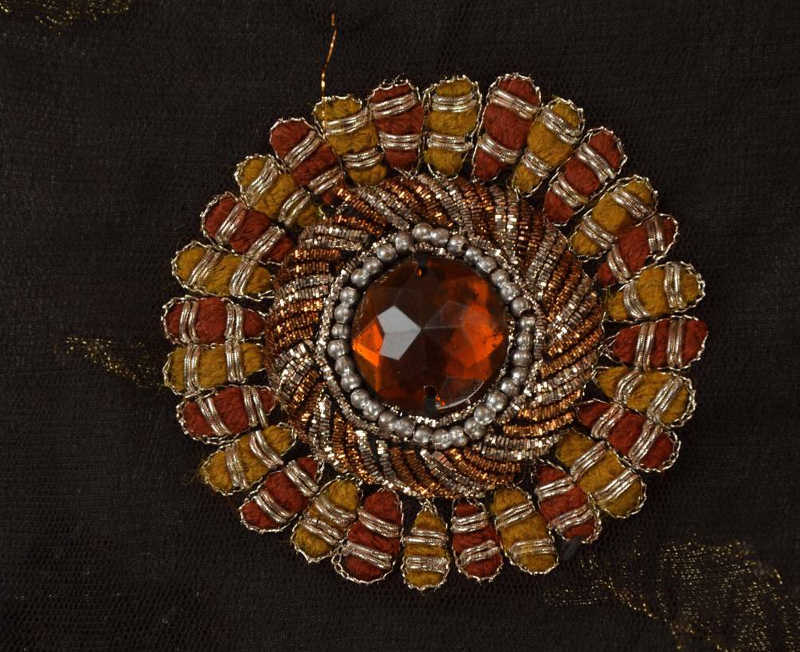===
0389,
7
===

=== |
 |
bismilii : 'For sacrifice; for slaughter'. (Platts p.156)
;xuunii : 'Relating to blood, or to murder; bloody, sanguinary; —a murderer, an assassin'. (Platts p.497)
FWP:
SETS
MOTIFS == EYES; GAZE
NAMES
TERMS == 'DELICACY OF THOUGHT'; THEMEIt's rather a grim and grisly image, but it doesn't rise (or fall?) to the level of what I call 'grotesquerie'. What I like about the verse is the strong invitation to read the speaker's claim as a boast. 'You think your beloved is so murderously beautiful? Well, let me tell you about my beloved!' For after all, meraa ;xuunii can perfectly well be an affectionate nickname, 'my bloodthirsty one'. (For that reason, this verse isn't necessarily in the 'dead lover speaks' category.)